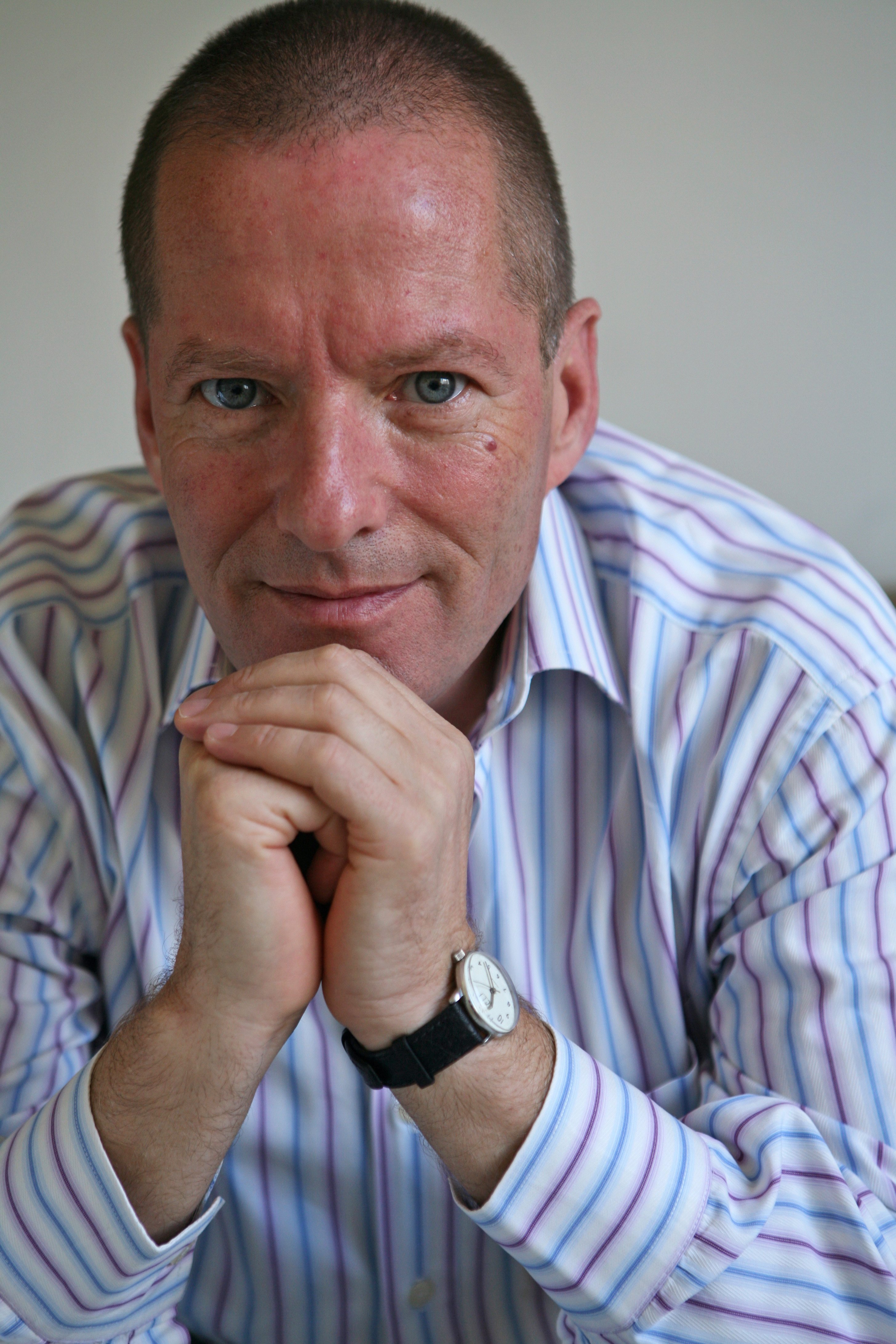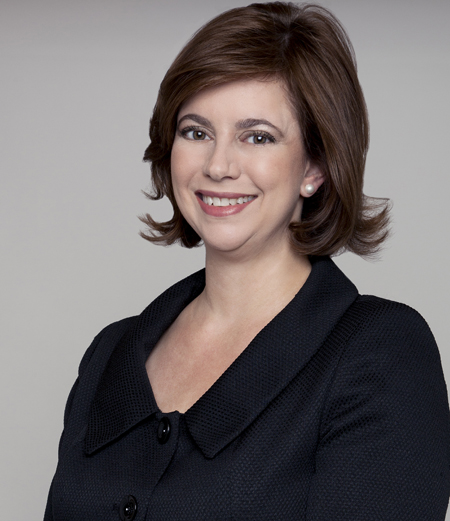You have /5 articles left.
Sign up for a free account or log in.
The view has been repeated so often that it has become an article of faith in many higher ed policy circles in recent years: Accreditation stifles innovation.
To wit:
- "Accreditation is the primary barrier to innovation in American higher education. Accreditation is the biggest barrier to real competition. Accreditation is the biggest barrier to real change." (Charles Miller, former chairman of Margaret Spellings' Commission on the Future of Higher Education, in 2007.)
- "In fact, many accreditors have … been hostile to innovations like online learning options." (Hank Brown, former Colorado governor, writing on behalf of the American Council of Trustees and Alumni)
- "For example, [accreditation] favors existing expensive business models for higher education, thereby making it difficult for new models to emerge." (The Heritage Foundation, in a 2012 report.)
- "So why hasn’t our education system found a way to harness it and allow it to count toward a person’s post-secondary education? The answer is that we have a broken accreditation system that favors established institutions while blocking out new, innovative and more affordable competitors." (U.S. Sen. Marco Rubio, in a speech last week.)
It's not hard to find examples in which accrediting agencies have in one way or the other put the kibosh on programs or institutions that supporters see as important experiments, most recently the Ivy Bridge College partnership between Altius Education and Tiffin University, the latest cause célèbre for the "accreditation as innovation killer" crowd.
But last week brought word of a very different kind of accreditation outcome, one that arguably challenges parts of that meme. The Distance Education and Training Council gave its stamp of approval to University of the People, a five-year-old global, online institution that is virtually free to students and offers most of its instruction through a volunteer faculty.
The university breaks the mold of traditional postsecondary institutions in ways almost too many to count -- which would seemingly make it almost unaccreditable, if accreditors are as hidebound and as innovation-squelching as they are purported to be. So what's the deal?
"I have to say that with all the complaints, if they accredited us, they've paved the way to alternative models," says Shai Reshef, founder of University of the People. "We're tuition free, operate on a budget of $1 million a year, use only open learning resources and on a volunteer faculty and a peer-to-peer paradigm of learning -- we're as different as you can get."
Before anyone declares the accreditor-as-innovation-stifler meme dead, a few caveats.
The Distance Education and Training Council is a national accrediting agency, rather than one of the regional accreditors that are often (and unfairly, many of them would say) derided as the protectors of traditional institutions and the status quo. And University of the People did not seek DETC's approval to award federal financial aid, which would have subjected it to an additional layer of scrutiny not only from the accreditor but from the U.S. Department of Education, as well.
And the institution has become a darling not only of the higher education disruption crowd that embraces many alternative models, but has been embraced by many traditional institutions and higher ed leaders, with partnerships with New York and Yale Universities and significant financial support from key foundations.
But just because DETC has often been ahead of other accreditors in recognizing nontraditional institutions -- it was the first agency to accredit Western Governors University, for instance, which now has regional accreditation -- does not mean that it did not push UoPeople hard and require significant changes of it, say both Reshef and Leah Matthews, DETC's president.
"U. of the People went through the same process we require of all our institutions: it submitted a self-study, we looked at how they advertise and inform the public, their admissions criteria, what their educational objectives are, how they set and establish student learning outcomes, how they assess in relation to learning, how they charge students, the qualifications of their faculty," says Matthews, who before taking the reins at DETC was at the Council for Higher Education Accreditation, which recognizes accreditors.
Matthews says University of the People had persuaded DETC that its fee system -- it charges application and proctoring fees, but waives them for some needy students -- was transparent and fairly applied, and that the university's small cadre of paid faculty members provide "enough continuity" that, when combined with its impressive roster of committed volunteer instructors, provides a "marvelous opportunity for those students." She adds: "We didn’t see any instance where we thought learning outcomes and student support were hampered" by the lack of permanent faculty members.
Why Accreditation?
Reshef says it became clear to him from University of the People's very beginning that it needed accreditation, for one straightforward reason: "That's what students wanted. Students in the U.S., and even more so internationally, are looking for accreditation as a stamp of quality." They want to know an institution isn't a diploma mill, that they'll be able to continue their studies at other institutions, and "most importantly," they want to know they can get jobs, he says. "Many employers look to make sure your college is accredited when they hire."
Going through the DETC accreditation process spurred significant changes at University of the People, Reshef says. The accreditor challenged the university's original goal of "opening the gates to everyone," he says. The university, he acknowledges, failed to check the quality of students' English skills, and accepted students with insufficient language ability. That affected not just them, since they tended to wash out of the institution, but other students, too, "because the quality of the class went down because of our peer-to-peer learning approach."
"Forcing us to be more selective in terms of our students' English skills made us a better institution," with its first-to-second year retention rate rising from 40 percent the first year to 75 percent now, Reshef says.
Reshef says the same thing about other DETC requirements. "They didn't tell us how to do things. They said, here are our standards -- show us your learning outcomes are there, your model is sustainable. We don't care how you get there -- just that you have done so.
"In every aspect of the university, we had to improve in order to meet the standards. Accreditation forced us to be a better university with higher quality."
A Need for Alternatives
So given that the accreditation process made room for an unusual institution like University of the People -- and made it better in the process -- presumably Reshef rejects the argument that alternative models are needed to make room for innovation?
Not exactly.
He actually agrees with the call by Ben Nelson, the founder of the nascent institution known as Minerva Schools at KGI, for an "expedited" form of quality assurance that would allow institutions with a "credible plan" to operate and enroll students (without federal financial aid).
"Other countries have something like it," Reshef says, where "if you want to start operating, and show you have the money and the intention, you get not accreditation but a 'stamp of approval.' They tell you in advance what you need to meet, and if you do everything they said," an institution can then get accredited.
An approach like this would avoid the "chicken and egg situation" in which it can be hard to get students to "apply to a place where they have no guarantee of getting accredited, Reshef says. University of the People had the patience and the resources to survive the three years and the $1.5 million it cost to earn DETC accreditation, he says -- but not every institution will.
"We need to make sure there is room for models that are not fully traditional," he says.
Like many of her fellow accreditors, Matthews of DETC bristles at the idea that the agencies can't make room for experimentation and innovation. Look around: numerous regional accrediting agencies in recent months have approved programs based on accumulated competencies rather than traditional mix of credits based on grades, for instance, and many institutions (with their accreditors' encouragement) are testing technological and pedagogical experiments.
"I see accreditors willing to look at different models, and lots of room for innovation," she says.
But Matthews acknowledges that that willingness often slams headlong into an actual impediment: accreditation's link to federal financial aid dollars. "When you feel the responsibility and burden of assuring that taxpayer dollars are properly used, you have to be restrictive," Matthews says.
Because many of DETC's institutions do not seek to award federal financial aid to their students, "we have a model that can allow for some innovations without risk to federal dollars, which may put us out in front of these types of innovations." (She notes that DETC institutions have used a competency-based approach to learning for decades, but without a link to federal aid.)
She agrees with Reshef that it would helpful to give accreditors more flexibility to give institutions room to experiment without blowing up the entire system of accreditation -- which hardly anyone seems willing to do, given the lack of credible alternatives to replace it.
Exactly how to do that is not clear -- but Reshef urges caution, so as not to damage a process that is much-maligned but, ultimately, effective.
"For all the criticism of the accreditation process," he says, "when we look around, we also realize it's ultimately the best thing that exists."









